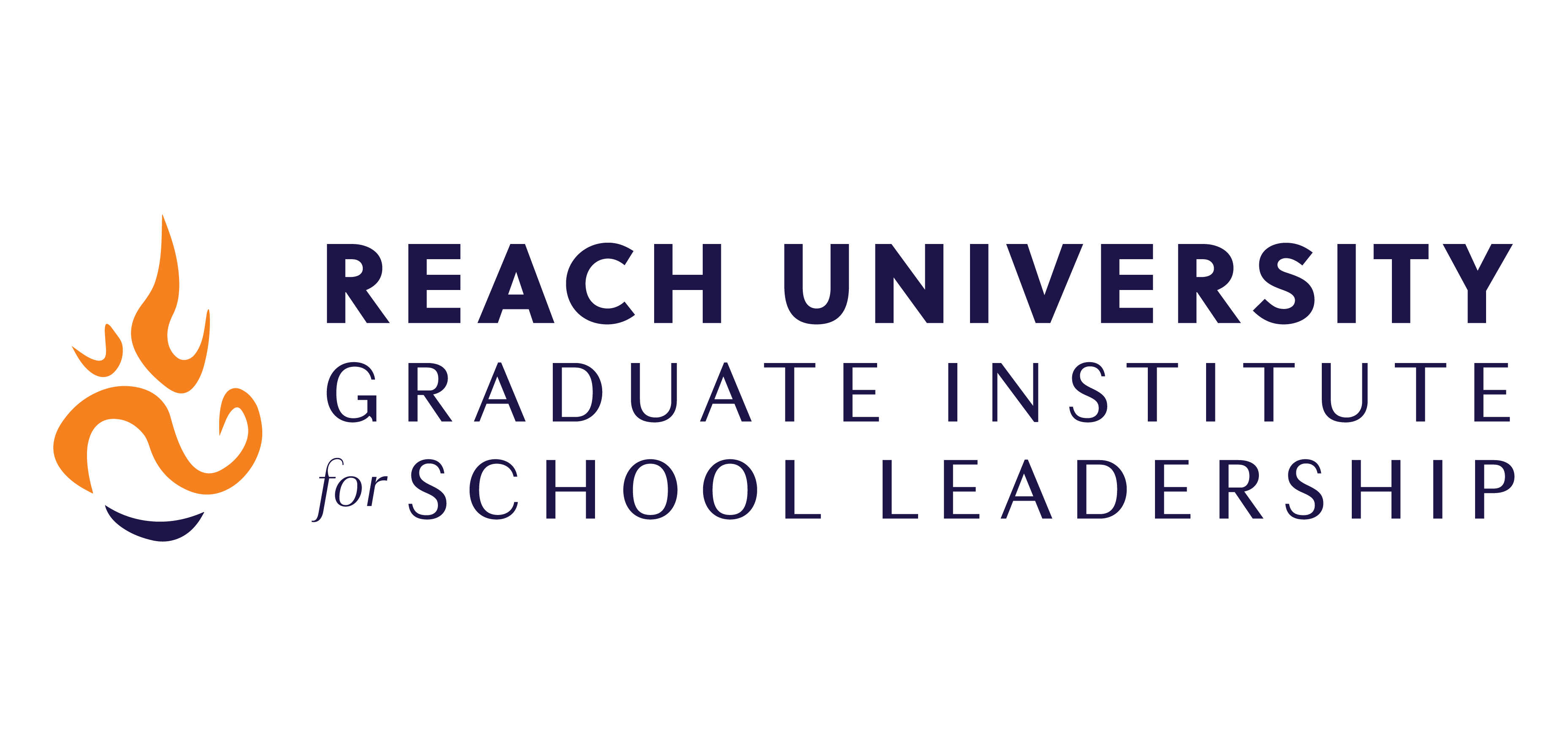Coaching Metacognition: A Study in Developing Accurate Self- Assessment in Novice Teachers

School quality across the country hinges on high quality instruction from effective teachers. Teacher quality and development are of the utmost importance to all schools, but particularly those in low-income neighborhoods with high minority and English-Learning populations. These are areas where teacher turnover is high, and school staffs are generally more inexperienced than schools in higher-income, English-speaking communities. Research shows learning gaps between students with experienced teachers and students with inexperienced teachers, serving to highlight how important it is for schools to quickly develop novice teachers into competent educators. A review of the literature on professional development in education and in other fields demonstrated the importance of both reflection and feedback in order to improve practice. However, in both literature and practice, it became clear that there are substantial barriers to novice teacher accuracy in reflection. In essence, novice teachers do not independently accurately and effectively reflect. Three novice teachers at Cornerstone Academy exemplified the challenges associated with new teacher reflection and self- assessment. These individuals stated that they reflect regularly, but they were not accurately doing so. Thus, despite being dedicated to improving instructionally, they were ineffective at self- assessing their areas for growth. In order to improve their self-assessment accuracy, these teachers needed improved metacognitive awareness of their teaching practice, and an instructional model against which to reflect.

